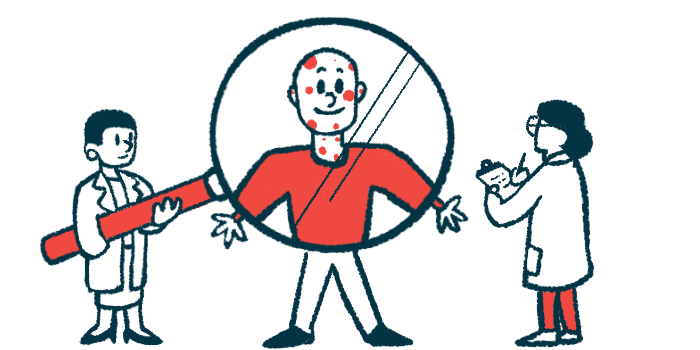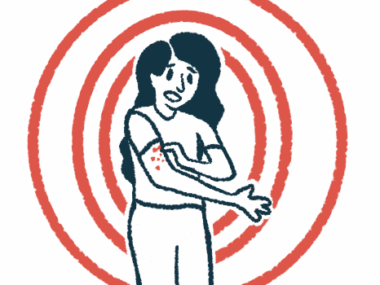Case of exogenous Cushing’s sparks warnings of herbal supplement
Supplement Nhan Sam Tuyet Lien found to contain glucocorticoids
Written by |

A 44-year-old man developed exogenous, or treatment-related, Cushing’s syndrome, after taking an herbal supplement called Nhan Sam Tuyet Lien, which contained undisclosed amounts of glucocorticoids, a case study reports.
His symptoms eased after he stopped taking the supplement and started taking prednisone.
“This case highlights the importance of history taking for complementary and alternative medicines,” researchers wrote, adding “these medications can have profound impacts on the patient’s health and wellbeing.”
The case was described in a study, “The not-so-natural herb: a case of exogenous Cushing syndrome,” published in The Medical Journal of Australia.
Exogenous Cushing’s syndrome caused by exposure to certain medications
Exogenous Cushing’s syndrome is caused by exposure to certain medications, usually glucocorticoids that are prescribed to treat several inflammatory conditions. However, in some cases, people unwittingly exposed to glucocorticoids in supplements may also develop the disease.
Researchers in Australia reported the case of a man who developed Cushing’s after taking an herbal supplement called Nhan Sam Tuyet Lien, which was later found to contain glucocorticoids. He was taking it for gout, a common and complex type of arthritis.
The man was admitted to the emergency room after having experienced shortness of breath, particularly while lying down, and pitting edema in the thighs for one month. Pitting edema is the medical term for the appearance of a dimple remaining after a few seconds of pressure in a swollen region of the body.
His medical history included high blood pressure (hypertension), an abnormal amount of fatty molecules in the blood, and gout.
A physical evaluation revealed the presence of hypertension and low blood oxygen levels. The patient also had several Cushing’s symptoms, including facial characteristics of the disease, fat accumulation in the neck, and abdominal stretch marks.
When taking a medication history, complementary and alternative medicines need to be reviewed because they may have undisclosed ingredients, since herbs and dietary supplements are not subject to regulatory scrutiny.
Blood work revealed the patient had undetectable levels of morning cortisol and low levels of adrenocorticotropic hormone, which normally signals the adrenal glands to produce cortisol. Moreover, he had low levels of free cortisol in his urine.
These results led the researchers to suspect the patient had “secondary adrenal insufficiency from exogenous glucocorticoid use.” However, both the patient and his general physician denied any recent use of glucocorticoids.
The diagnosis of adrenal insufficiency, a condition in which the adrenal glands fail to produce sufficient levels of certain hormones, was confirmed in a subsequent overnight metyrapone stimulation test. This test relies on the administration of metyrapone, a compound that blocks cortisol production, to evaluate the body’s response to the lack of the hormone. In normal conditions, the lack of cortisol triggers the activation of signaling cascades leading to an increase in the levels of cortisol precursors. However, this was not observed in the patient.
The man then revealed that he had been taking the herbal supplement Nhan Sam Tuyet Lien for gout for five months. The supplement was sent to a laboratory to test for the presence of glucocorticoids, which were not disclosed in the supplement’s ingredient list.
Supplement contained glucocorticoid dexamethasone
The analysis revealed the supplement contained dexamethasone, a glucocorticoid. The patient had been taking four tablets a day, corresponding to a daily dose of 1.4 mg of dexamethasone.
After stopping the supplement, and starting treatment with prednisone, the patient lost weight and his high blood pressure and edema eased.
“When taking a medication history, complementary and alternative medicines need to be reviewed because they may have undisclosed ingredients, since herbs and dietary supplements are not subject to regulatory scrutiny,” the researchers wrote.
Australia’s Therapeutic Goods Administration and New Zealand’s Medsafe have published warnings alerting consumers to the danger of this product since January 2022. In addition, the U.S. Food and Drug Administration has reported another supplement with glucocorticoid adulteration, called Artri Ajo King, which has been fatal in some cases.







